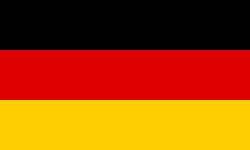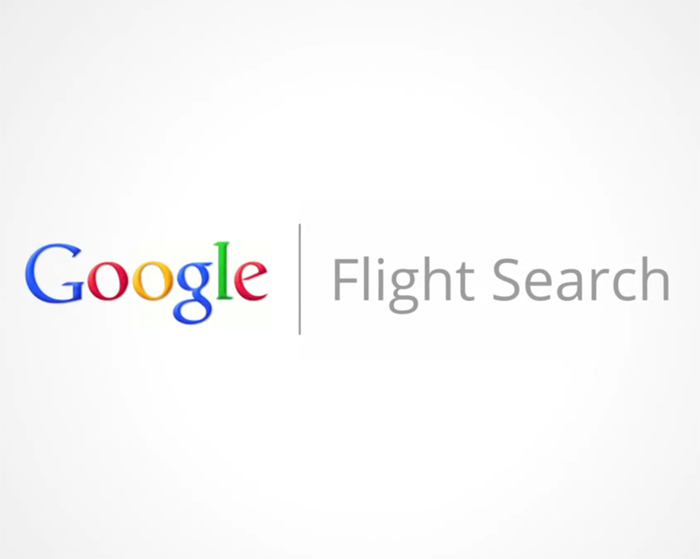Our new monthly series, Whats New In Multilingual SEO and PPC, brings together the latest updates from the global search engine markets.
The first installment takes a look at the differences among the markets in terms of what is happening in the social media world, adoption of ecommerce and online payments. Content is still king and the shinning future of mobile and tablet search is also something that most markets are experiencing high growth in.
French Market
- A recent study has shown that the percentage of spammy links in France has been reduced since the Penguin update.
- In France, only one Company out of 10 sells online. The internet represents only 3% of the total purchases realised by companies.
- Google Flight Search is now available in France.
- Internet research on a mobile phone (the mobile web) is the promised land for SEO in the near future. 68% of the internet research done on a mobile is taking place at home – where there is often already a computer – and 28% of mobile search leads to a conversion.
- Mobile web use is also set to explode, with user numbers rising 30% or more annually during the next two years. More than 24 million consumers in France will go online via a mobile phone in 2013, and 31 million will do so in 2014, eMarketer anticipates.
- In France, mobile devices have boosted the number of gadgets in homes: it is estimated that the tablet audience in France will expand by 47% this year, and approach 11 million. By 2016, the number of tablet users is expected to be nearly 19 million, reaching 43% of all internet users in the country.
German Market
- The second SEO Campixx conference,
 which aims to bring industry leaders together to make corporation easier, event was held in mid-March.
which aims to bring industry leaders together to make corporation easier, event was held in mid-March. - March also saw the first graduations from the AFS (Academy for Advanced Education in SEO). The German SEO academy was founded in September 2012 and offers six-month training courses to teach people the latest SEO techniques. Other updates include:
- Universal Search Integration (mainly pictures and videos) is becoming more relevant in search engine results, whereas shopping results lose significance in appearance in Germany and in the USA (about 50% less in 2012) – as revealed by a study from Searchmetrics, who conducted research during 2012.
- Content is King, Data is Queen, the Medium is the Message – are the findings from a major content marketing conference in Germany, where marketing experts from leading companies like Schwarzkopf took part.
- Amazon is the king of Googles search results in Germany – Amazon buys most of the advertising space from Google in Germany and is also the winner when it comes to natural search results.
- Facebook Barcamp in Hamburg (not an official Facebook event) took place early in the month and discussed issues like the benefits of a company’s Facebook page versus a corporate blog. The events findings can be summarised as: integration of both is ideal, use a blog for hosting interesting content and SEO and a Facebook page as satellite to distribute this content.
- Study of ibi research Regensburg in Online Payment revealed that:
– Invoice as payment option is most popular in Germany (45%), followed by credit card (20%) and PayPal (19%)
– Payment cancelling rate decreases by nearly 80% if payment by invoice is an option!
– Considered the safest payment options: invoice (61%), PayPal (11%), credit card (8%)
– 88% of customers cancel the payment if advance payment is the only option
- Twitter archiving tool is now available in 12 languages, including German. This enables you to access your archive of tweets and lets you re-tweet them again.
- Online versions of German newspapers have overtaken print version.
- Knowledge of the importance of content over spammy links seems to have arrived in Germany!
- App.net is starting to be recognised in the German market as a Twitter competitor: https://join.app.net/ and might be successful there as it is ad-free.
Italian Market

- A new search engine, istella has been launched in Italy.
- This new platform sets out to prioritise Italian sites in its results over those from other countries – it is being geared to benefit Italian users. This new search platform has been enabled with new functions such as contribute and share, which its developer claims provides it with an extra edge over Google.
-
- Google launched Google Flight Search in Italy this month, which should rival websites such as Skyscanner and change the way Italians search for flights online. However, Google Flight Search is showing some limitations as it does not display results from certain budget airlines i.e. Ryanair and Easyjet. This could potentially be a major disadvantage as users won’t be able to compare all options and prices.
Russian Market
-
-
- Yandex is working on making advertising products better. They have now introduced three new features to make Yandex.Direct ads more effective.
-
1) Image ads for Yandex Advertising Network (YAN). The images can be easily added via Yandex.Direct interface by uploading files from the internet or computer. The early adopters reported a 60-400% increase in CTR, lower CPC and better ROI. However, the advertisers, who are not satisfied with the performance of image ads, can easily opt out and return to text link ads. The format for the images is very flexible:
– GIF, PNG or JPG file types
– Size from 150 to 5000X5000 pixel
– Weight up to 10MB
The early adopters reported a 60-400% increase in CTR, lower CPC and better ROI. However, the advertisers, who are not satisfied with the performance of image ads, can easily opt out and return to text link ads.
2) Favicons in Yandex.Direct search ads. Until recently Yandex only displayed favicons in organic search results. Now they are also available in Yandex Direct search ads (only for premium positions).
3) Search ads in the bottom of the page. The guaranteed placements ad units (ads on the right side of search results) now can also be shown in the bottom of the page. This feature has been rolled out for a small number of queries, but the trials have shown that in a lot of cases moving guaranteed placements to the bottom of the SERP results into better CTR, more clicks and lower CPC.
Swedish Market
-
-
-
- Panda update launched March 16-17, with sites already receiving warning messages via Webmaster Tools and should take them seriously.
-
-
Norwegian Market
-
-
- Facebook statistics 2013: The proportion of Norwegian users on Facebook is 55.56% – one of the highest percentages in the world (53.17% in the U.S. and 52.28% in the UK). Only one segment still experiences good growth; the elderly. In the last three months, 29,440 Norwegians over 45 years old registered on Facebook – a sky high growth, compared to other age groups.
- Local reports claims that Android and iOS combined to represent 34% of the total Internet traffic in Norway.
- Use of Facebook mobile has gone through the roof in recent years, and mobile use now accounts for over 68% of Facebook’s traffic. Source: metronet.
- Following speculation that Google Analytics would be banned in Norway after the Norwegian Data Protection Bureau had declared that it was not in accordance with the law, Google Analytics has now been declared legal.
-
Spanish Market
-
-
- A new social media tool: blobic.com has been launched.This was created by Carlos Navarro who is an influential SEO and has spoken at a number of conferences around Spain. This tool could be useful for generating good articles and for finding popular ideas and topics.
-


